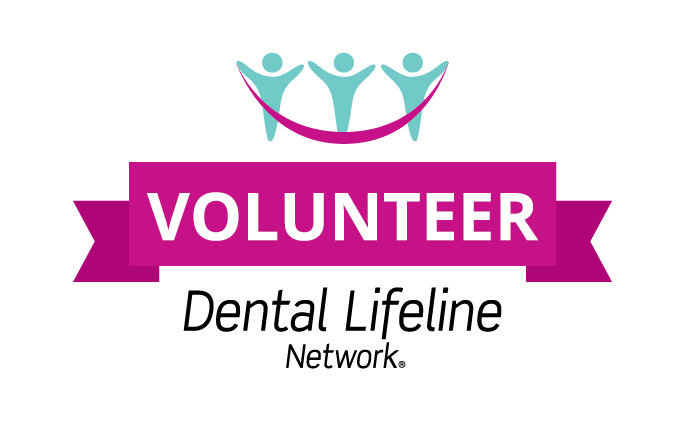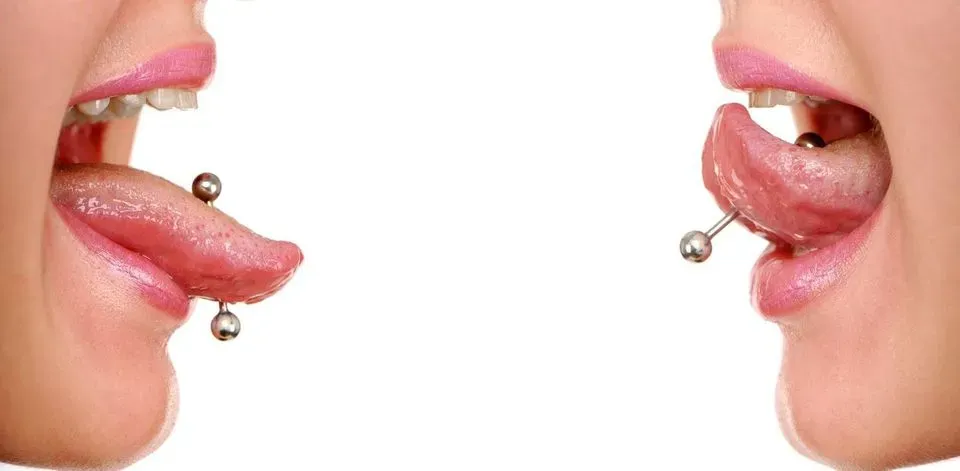ORAL PIERCINGS AND YOUR DENTAL CARE
Do you want to get an oral piercing? These popular facial piercings may require special care — especially when it comes to dental hygiene. If oral jewelry is on your agenda, take a look at what you need to know about maintaining a healthy mouth.
Follow Post-Piecing Directions
Discomfort or swelling is common to have immediately after piercing the lips, tongue, or other part of the mouth. Along with possible pain, your post-piercing mouth is also at increased risk for an oral infection. This makes proper post-piercing care an important first step to your healthy mouth success.
Before the piercing appointment talk to your dentist about how you should care for your teeth, gums, tongue, and the interior of your mouth and cheeks. Even though the piercing professional will provide you with post-care instructions, the dentist can add extra directions or suggest dental care products to use.
Clean the Area Correctly
Part of the post-care directions will include how to clean the pierced area. This can help you reduce the risk of infection. Even though it's important to correctly clean the piercing when it's new, you can't stop the care when the area heals. Failure to properly clean and care for the piercing can result in an unnecessary oral infection.
An alcohol-free mouthwash can help to keep the area clean and decrease potentially harmful bacteria immediately after the piercing. Alcohol-containing washes can stop the spread of infection but may irritate the area or slow healing down. Continue to use alcohol-free mouthwash daily for the duration of the piercing or indefinitely as part of your healthy mouth routine.
Along with an oral rinse, brush your teeth as you regularly would. Depending on the piercing site, you may find a manual toothbrush easier to use. A bulky electric toothbrush may bump into the piercing. Brush your teeth twice daily for at least two minutes with a fluoride-containing toothpaste product. This can reduce the likelihood of dental decay and related oral issues.
After the oral piercing area heals, gently brush or clean the jewelry inside of your mouth. Plaque can build up on interior oral jewelry. This, like other plaque formation, can result in cavities or infection.
Avoid debris-related decay by brushing after meals too. Food particles trapped around oral jewelry can increase the risk of infection or dental decay. Plan ahead and bring a brush with you or swish with water after meals and snacks.
Take Care of Your Gums
A piercing shouldn’t get in the way of flossing or brushing properly. Gum care is always important — whether you have an oral piercing or not. Floss daily and after meals as needed. You may need to adjust your flossing process to accommodate oral jewelry inside of your mouth. Even though it may seem awkward at first, it's still possible to maintain proper flossing practices.
Visit the Dentist Regularly
You’re like not the first patient the dentist has seen with oral jewelry — given the popularity of piercings. If you have concerns about an in-office cleaning or exam, talk to the dentist before your appointment. Alert the office staff of your new oral addition and ask any questions you have.
Regular in-office dental care can help to keep your mouth healthy and prevent potential future problems. The hygienist can provide a deep clean and suggest ways to maintain oral hygiene with your new piercing. The dentist can inspect the area for signs of infection and, if needed, provide treatment for possible problems.
Do you have healthy-mouth questions for the dentist before your piercing appointment, or did you recently get a new oral piercing? Contact Desert Dental for more information.









